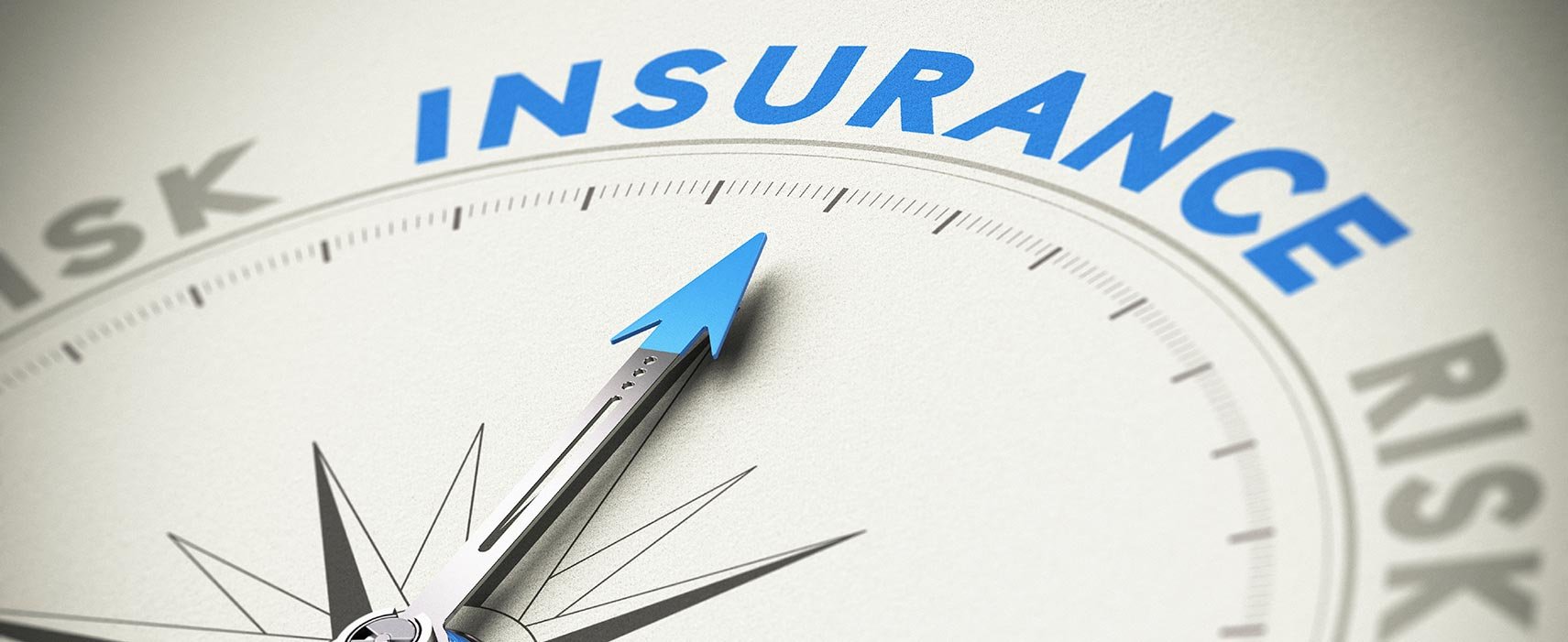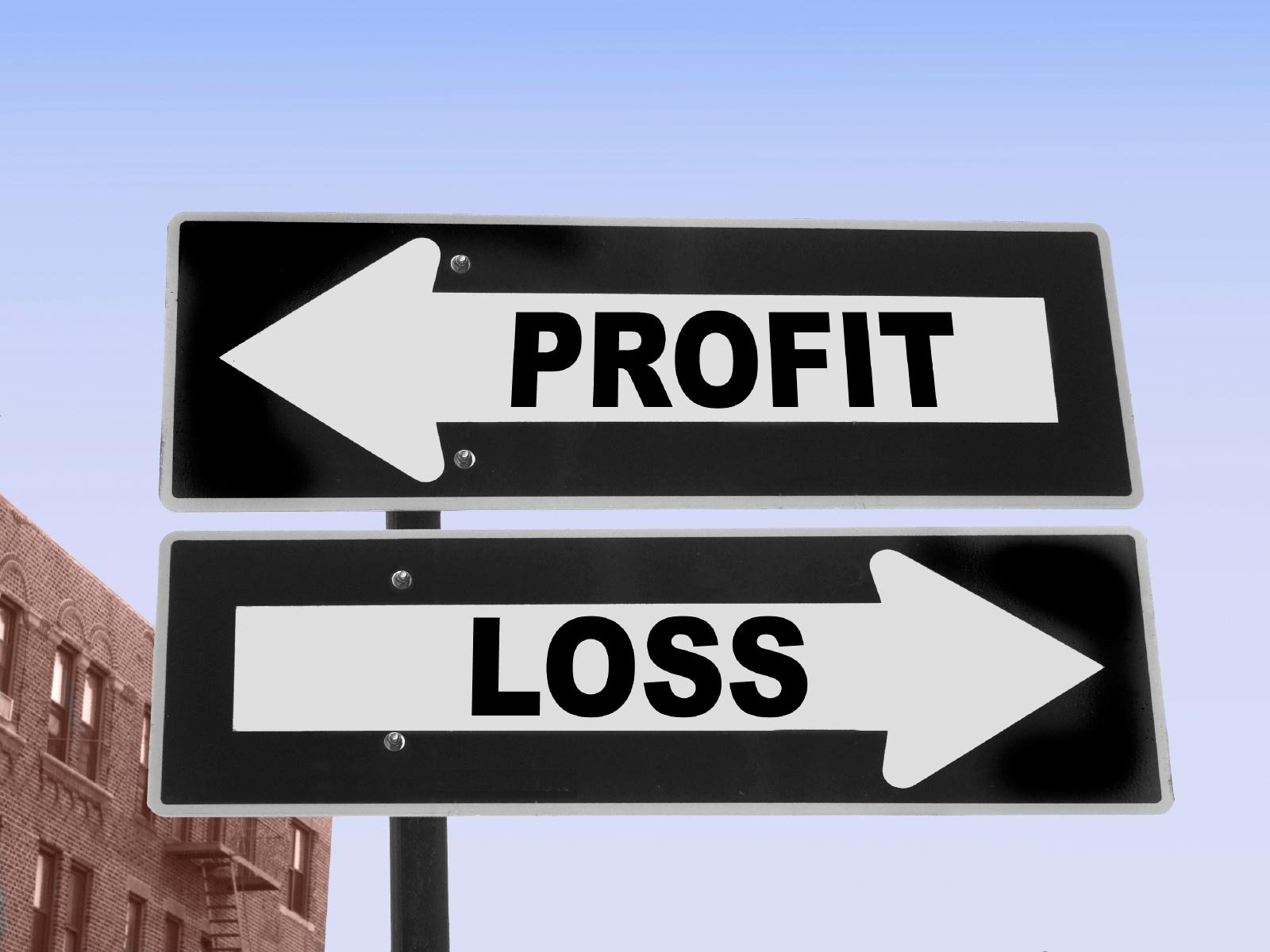
Recently I have been discussing basic income and how its quantity can be objectively and mathematically defined from first principles. Unlike all other proposals for a basic income, it did not depend upon taxation, coercion or subjective evaluation of need. Now I wish to tackle the challenge for a system of universal basic insurance?
With the utter failure of Obamacare and the skyrocketing costs of the insurance bureaucracy many people are clamoring for a single payer system (aka a Government run system). Obviously a government run system would require taxation and would only increase the bureaucracy by mixing in politics.
Basic Income vs Basic Insurance
When you insure against an event that has 100% probability of occurring the outcome is basic income. Imagine purchasing death insurance and requiring universal participation. Everyone will die so probability of payout is 100%. You will never get out more than you pay in. In the case of basic income, there was an initial deposit of all the resources in the universe.
Insurance is a system that protects individuals from carrying the full weight of risks outside their control. If you assume everyone purchases insurance against getting struck by lightning at some point in their life, then those who get struck would receive a payout equal to 12,000 times the premium paid
There are two ways to implement the insurance: require everyone to buy the insurance or simply pay the victim of lightning strike by printing new money.
Risk Pools
The problem with insurance is that different people suffer from different risks depending upon their personal choices. If you want to engage in bull riding and mountain climbing then your risk of injury is significantly higher than someone who opts to stay home.
An insurance system where all people pay the same premium, but where some people are more likely to receive a benefit is a system of wealth transfer. This is a system where society subsidizes the risky lifestyles of some individuals at the expense of those who opt for a less risky lifestyle. The libertarian and voluntarists among us would not find that appealing.
Auto Accidents
When driving a vehicle there is some probability that you will end up in an accident. Some accidents are your fault, while other accidents are the fault of other drivers. There mere fact that you owned a vehicle and were driving means you were at least partially responsible for the circumstances that lead to the accident. On the other hand, the liability for the accident greatly depends upon the circumstances. If it turns out that you were the one who made a mistake then your insurance premium will go up; but if there was nothing you could have done, aside from abstaining from owning or driving a car, then there is no basis for your insurance to go up.
In effect, the risk pool that you belong in (and therefore the cost of your insurance) depends upon the probability that your actions contribute to a claim.
Injustice Insurance
An injustice occurs anytime you are a victim (violation of rights) of another person’s actions. This means someone else is at fault for your loss. This means the victim of rape, murder, theft, fraud, extortion or property damage. The presumption is that the victims would never be responsible for the actions of an aggressor.
While the presumption that all people are equally likely to face an injustice may appear to be true, the reality is that people can take certain precautions to minimize potential loss. Something as simple as installing locks, lights, and cameras can reduce the probability of loss. Where you choose to live (ghetto or suburban neighborhood) can also impact risk.
Insurance is Subjective
Not everyone will agree on who is at fault or the extent to which someone is responsible for their own victimization. In theory every man, woman, and child should feel protected in all environments and all of humanity should work to reduce the crime rates in all areas. In cases of injustice what is right or wrong is often entirely subject to the circumstances. It would be impossible to write an insurance policy that clearly outlined all possible injustices or a uniform schedule of reimbursements.
Insurance Fraud
Insurance fraud is just another example of how one person can commit an aggression against an entire group of people. The cost of insurance fundamentally includes the cost of insuring against fraud. The more fraud that occurs the higher the insurance premiums must be.
Deductible and Cost Sharing
The primary way to minimize fraud is to never reimburse anyone for 100% of their damages. If it were to become profitable to have your car stolen, then people would start acting in ways to encourage their car to be stolen. On the other hand, if someone had to pay 20% of the cost to replace the car, then it would not be profitable.
The purpose of insurance is to make the cost bearable by a single individual, not to completely offload all costs on the group.
Everything is a Risk with potential Profit and Loss
Every decision we make involves a risk and is an opportunity for profit and loss. Those who opt not to purchase insurance are taking a gamble. If they win, their profit is the savings on the insurance premium. If they lose, their loss could significantly impair their finances. The question before everyone is whether or not it is reasonable to allow our fellow man to take the risk.

In the case of auto insurance, imagine an individual without insurance totals your vehicle. Because he lacks insurance and is otherwise broke he is unable to repair your car. The cost of repair is now shifted to your insurance.
If the man had a basic income, then his basic income could be garnished to cover his liability in his uninsured accident. A single person opting out of insurance is effectively partially insured by his basic income. This may or may not be enough to pay full restitution. If it is insufficient, then one individual profits by not purchasing insurance while everyone else eats the loss.
Accidental Injustice
Whether we want to admit it or not, each of us has the potential to accidentally harm our fellow man. Whether we fall asleep at the wheel, suffer from a momentary lapse of judgment, drink just a tad too much, or own a dog who unexpectedly bites someone we will all eventually harm other people and potentially beyond our ability to make whole.
Acts of God
Getting struck by lighting is just one kind of “act of god”. Anything that no reasonable person could have predicted nor prevented could be considered an act of God. We are all at risk from these kinds of losses and there is no one to blame or seek restitution from.
Universal Basic Insurance
The concept of universal basic insurance is that everyone contributes to a fund that is used to protect individuals against unexpected and unpredictable burdens that are beyond their ability to pay. Everyone shares the cost so that every individual can enjoy a more secure life.
Imagine a system like Steem where instead of articles getting posted and up-voted, insurance claims were posted and up-voted. If the Steem community felt your claim was legitimate then they could vote to approve your claim. The total amount paid out for all claims would be equal to the inflation rate. The more claims that were approved, the less each claim would payout. Everyone would qualify for a minimal level of insurance, but anyone could opt to “power up” to increase their coverage. Because all premiums are paid from inflation and all payouts are limited to a multiple of your Steem Power, everyone would be paying an equal premium.
Ultimately an insurance currency would perfectly balance incoming revenue (people buying the tokens) with claims paid out (people selling the tokens).
If you combine the universal insurance with universal income and a dispute resolution system that facilitated garnishing of basic income to pay retribution then you end up with a self governing society that is able to partially protect its members from outside aggression.
Many wealthy individuals may not wish to participate in a system of universal income on its own, but when combined with a decentralized universal insurance and justice system the package makes sense to all. It would only take a handful of wealthy individuals to bootstrap a system for their own security to give such a token significant value. Imagine the constant inflow of capital to build and maintain insurance coverage and the constant outflow of redemptions.
Future Work
In a future article I will address how society might set the inflation rate used for universal insurance as well as how to improve the claim process to be decentralized while minimizing fraud.

